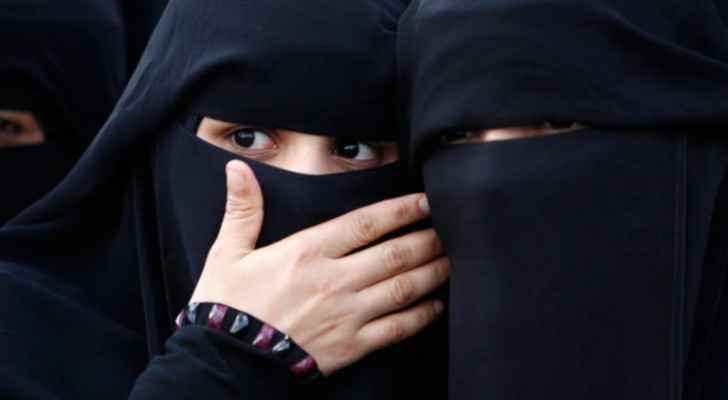In a significant move, the Egyptian government has made a decision to prohibit the wearing of the “Niqab” or the face veil from schools and other educational institutions during the upcoming academic year set to commence on September 30, 2023, and this decision has stirred up the discussions and reactions within the country.
The new guidelines were formulated and passed by the Egyptian Minister of Education on September 11, 2023.
Announcement by Education Minister
The Egyptian Minister of Education Reda Hegazy officially confirmed this decision and has outlined the new rules and guidelines. The wearing of a hair cover is permitted, but it should not cover, or obscure the face of the student. Additionally, no models and illustrations that promote hair cover are allowed, unless approved by the competent Directorate of Education.
Guardian’s Consent
Minister Hegazy has emphasised the role of a guardian role in students’ choices. It is crucial that the guardian is aware of and consents to their daughter wearing of hair cover and this choice should be voluntary and must be free from any coercion, or external pressure.
Verification by the Education Directorate
To ensure that the guardian is indeed aware of the choice of their ward, the Ministry of Education has instructed the Education Directorates in various governorates to verify the guardian’s knowledge of this decision. It is a critical step in upholding the voluntary nature of the choice.
Uniform Colour Coordination
Regarding school uniforms, the ministry has adopted a coordinated approach. The School board in collaboration with the board, trustees and parents along with teachers will determine the appropriate uniform colour for both male and female students. This decision will be made in conjunction with the Directorate of Education ensuring a unified and coordinated appearance fro the student.
Uniform Changes and Violations
Minister Hegazy further stressed that changes to school uniforms should be considered at the beginning of each educational stage with a minimum period of three years between the alterations. The Guardians will have the Freedom to choose where to purchase uniforms, but students are required to adhere to specified uniform regulations. Any student found violating these rules will not be allowed to enter and attend schools
National Identity Exams
In addition to these changes, the Minister highlighted the importance of conducting national identity exams which include subjects such as the Arabic language, national education, and religious education, particularly in international schools at the education department level. These exams are essential to ensure that students receive a well-rounded education.
Opposition to the Move
The garment has been worn by Muslim women for religious reasons across the world for centuries. Some in Egypt associate it with the Muslim Brotherhood, a group banned as a terrorist organisation since 2013, the same year a Brotherhood-backed elected government was overthrown in a military coup Moreover Rights groups in the country have argued that the Egyptian Constitution protects religious freedom and restriction of the niqab is a violation of civil liberties.
A number of public and private institutions across Egypt already impose bans on the wearing of niqab. The Cairo University has banned the wearing of face veils by the teaching staff since 2015, a rule that was upheld by an Egyptian Court in 2020.




















Comments